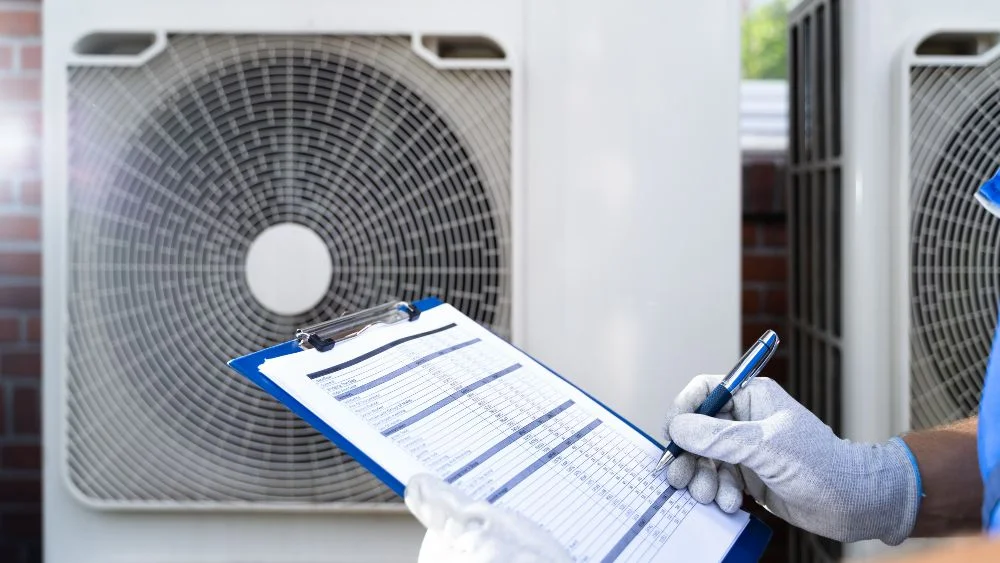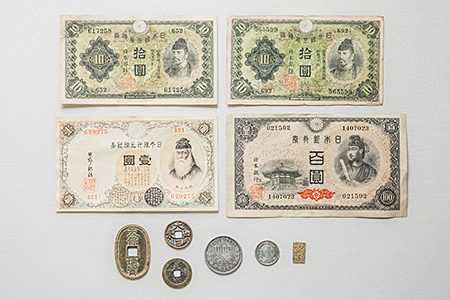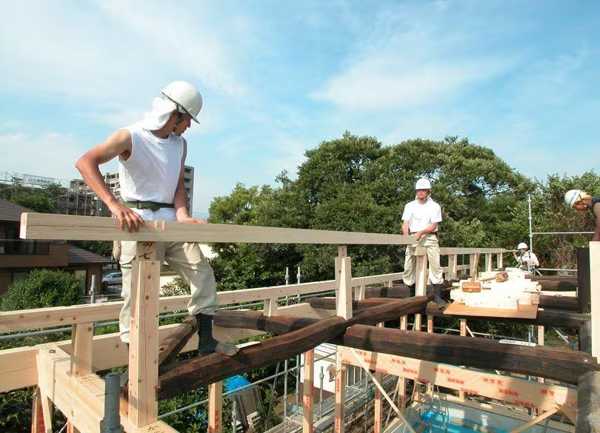HVAC Inspections: What They Are and Why They're Essential
A reliable HVAC system is key to maintaining indoor comfort throughout the year. However, without routine inspections, even minor issues can evolve into costly problems. An HVAC inspection ensures your heating and cooling systems operate efficiently, safely, and dependably.
A reliable HVAC system is key to maintaining indoor comfort throughout the year. However, without routine inspections, even minor issues can evolve into costly problems. An HVAC inspection ensures your heating and cooling systems operate efficiently, safely, and dependably.

What Exactly Is an HVAC Inspection?
An HVAC inspection is a comprehensive review of your system, covering critical components such as the furnace, air conditioner, heat pump, duct system, and thermostats. Trained professionals evaluate the condition and performance of each part, looking for wear and tear, potential leaks, electrical hazards, and signs of reduced efficiency. These inspections are commonly scheduled ahead of peak seasons to prepare for heavy use.
Typical tasks performed during an HVAC checkup include:
Assessing refrigerant levels and ensuring proper airflow
Cleaning or replacing dirty air filters
Verifying thermostat accuracy and settings
Inspecting and tightening electrical connections
Checking ductwork for leaks, obstructions, or damage
Although services may vary depending on your system and provider, the overall goal remains the same: catch problems early to avoid sudden failures and high repair bills.
Why Should You Book Regular HVAC Inspections?
Even well-made HVAC systems experience wear over time. Routine inspections help detect small issues before they grow. Here are some reasons homeowners opt for regular HVAC evaluations:
Longer System Lifespan: Addressing minor issues early can extend the life of your HVAC unit.
Improved Energy Efficiency: Systems running below optimal performance can use more energy. Inspections help optimize output and reduce utility bills.
Better Indoor Air Quality: Clean filters and functioning systems help reduce allergens, dust, and pollutants in your home.
Fewer Emergency Repairs: Preventative care reduces the chance of your system failing during extreme weather.
It's important to remember that while inspections are valuable, they aren’t a guarantee. Unexpected issues may still arise, which is why regular maintenance remains important.
How Much Does an HVAC Inspection Typically Cost?
The price of an HVAC inspection depends on factors like system size, location, and the depth of the service provided. On average, homeowners spend between $65 and $500 per inspection. More complex systems or additional services may raise the price.
What Can Influence the Cost?
System Complexity: Multi-zone or high-efficiency systems may require more time and care.
Service Provider: Rates may be higher for established companies, though they often deliver more thorough evaluations.
Seasonal Demand: Prices can spike during the spring and fall, when demand for inspections increases.
Follow-Up Repairs: Repair work is usually billed separately from the inspection itself.
Some companies offer maintenance plans that include annual inspections at a reduced rate, along with discounted repair services. These plans are especially beneficial for aging systems that require more attention.
When’s the Best Time to Schedule an HVAC Check?
The smartest time to arrange an inspection is before the heavy-use seasons begin: spring for air conditioning systems and autumn for heating units. This helps ensure everything is running smoothly before you truly need it.
If your system is over a decade old, or if you notice things like inconsistent temperatures, odd noises, or rising energy bills, it’s a good idea to schedule an inspection sooner rather than later—even for newer equipment.
Are HVAC Inspections Really Worth It?
Whether an inspection is “worth it” depends on your system’s age and condition. For newer setups, inspections may seem less urgent, but they can still optimize efficiency and detect early warning signs.
Older units benefit even more. Regular evaluations can identify aging components, help prevent failures, and give you peace of mind. Keeping a log of inspections can also be a selling point if you plan to list your home, signaling to buyers that the HVAC system has been well cared for.
Want to Know More?
HVAC inspections are a proactive investment in your home’s comfort and efficiency. While they don't eliminate the chance of future issues, they greatly reduce the risk of unexpected failures and expensive repairs.
For best results, schedule inspections ahead of extreme weather and always choose qualified, trustworthy professionals. And if you're looking to save money in the long run, a maintenance agreement might be the way to go. With routine inspections in place, you’ll enjoy a safer, more energy-efficient, and dependable HVAC system all year round.











